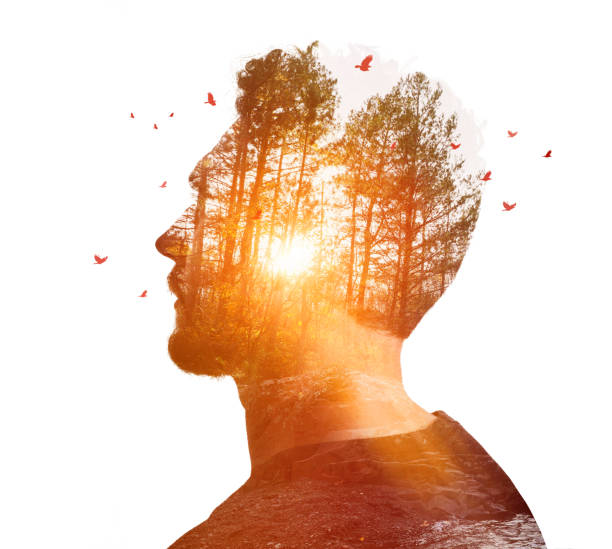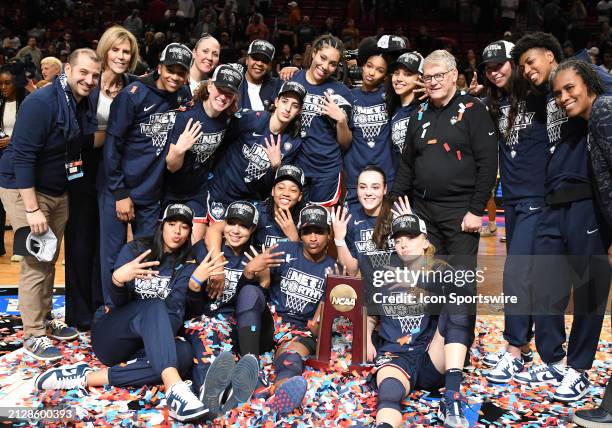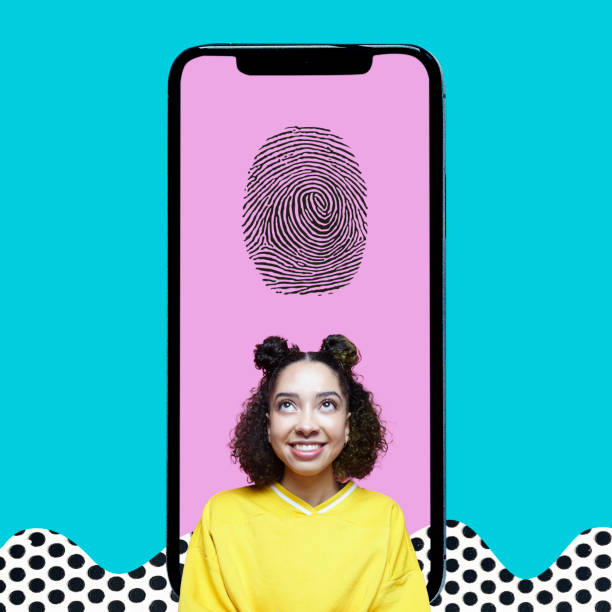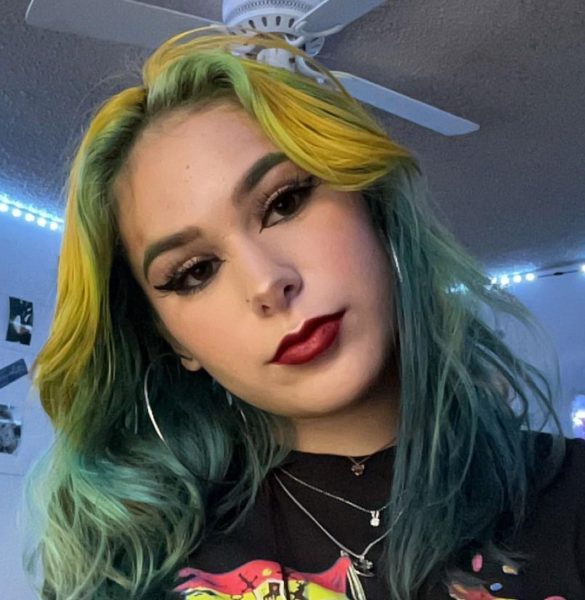June symbolizes something different for everyone. For some, it’s birthdays; for others, it’s vacation plans, or even a time to express their individuality: pride month. Very rarely do you hear someone say it symbolizes Men’s Mental Health. Most people don’t even know that June is Men’s Mental Health Awareness because they’re so focused on Pride Month.
With people putting so much focus on other issues, men think their mental health doesn’t matter. Men’s mental health is and should be just as important as anyone else’s. Over 6 million men suffer from depression per year, but male depression often goes underdiagnosed. More than 3 million men in the US have panic disorder, agoraphobia, or any other phobia. Men also make up 10% of the population dealing with anorexia and bulimia, and 35% of those with binge-eating disorder. Along with those mental illnesses, 75% of those who die by suicide annually worldwide are men.
Large groups of these men grow up hearing “Don’t be sensitive, don’t cry, don’t show emotion.” So, when they do try to open up and be vulnerable, they’re told to “man up.”
We have a month of the year where we can put focus on these men and show them that we care and that they’re not alone, but it’s overshadowed by Pride Month. Pride is the biggest event in June, and it’s advertised everywhere, whereas the other events of June are advertised nowhere. Pride Month is a lovely thing for us to celebrate, taking back the rights of so many who are oppressed, but it shouldn’t be the only thing that people promote during June, a month when many are advertising equitability and awareness.
For the men who do want to seek help and break the chain of hiding their pain, there is a charity in San Francisco, California. The name of this charity is CALM, which stands for Calm Against Living Miserably. CALM offers multiple services to help men suffering from their mental health. Their frontline service includes a helpline and webchat for people who need to talk urgently about their problems. They also support people who have lost people to mental health and suicide. Their community work spreads far and wide as they encourage people from all backgrounds to share their experiences and get help before they reach a point of crisis. They challenge outdated stereotypes of men and their mental health through cultural activities.


















